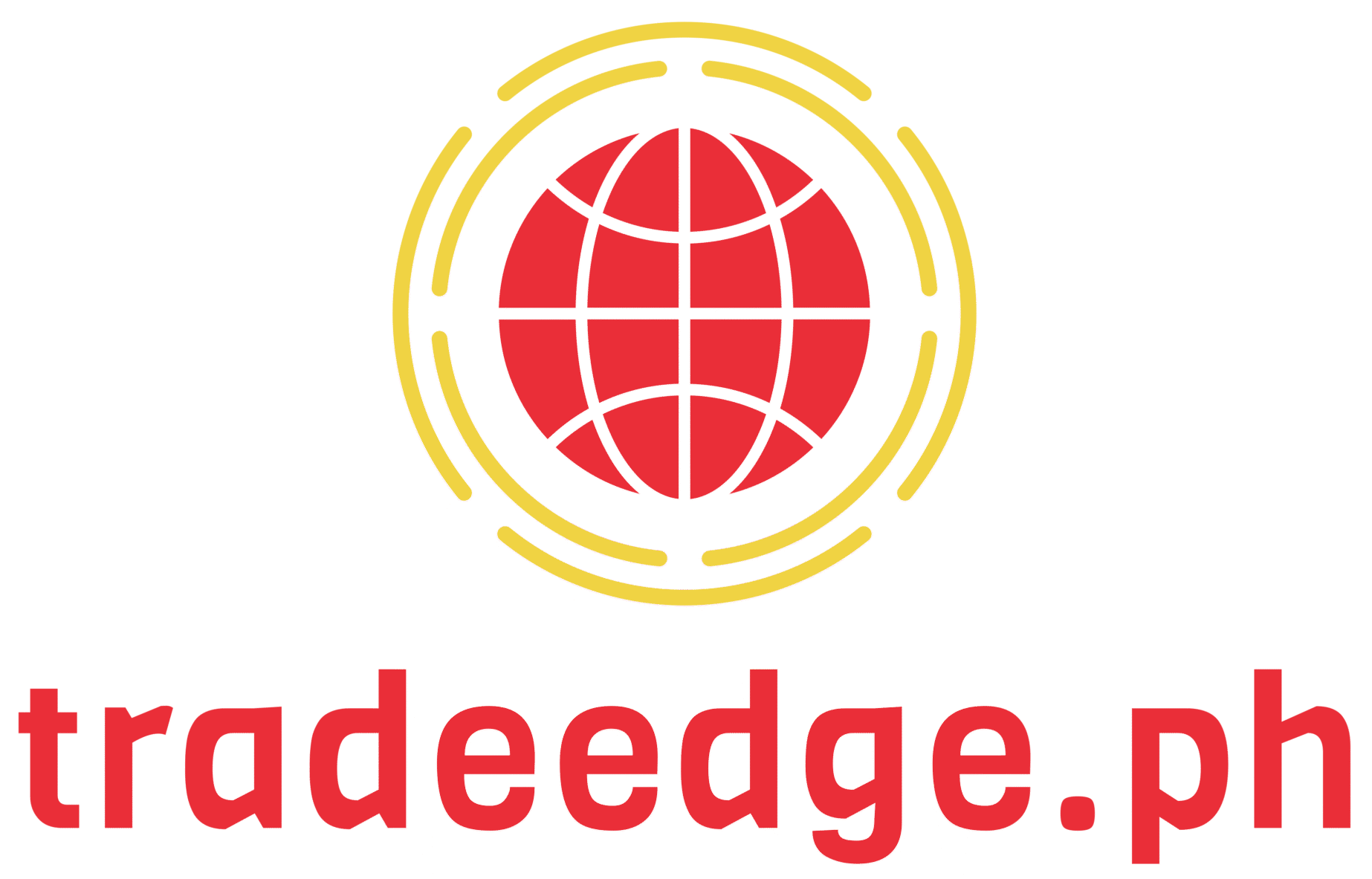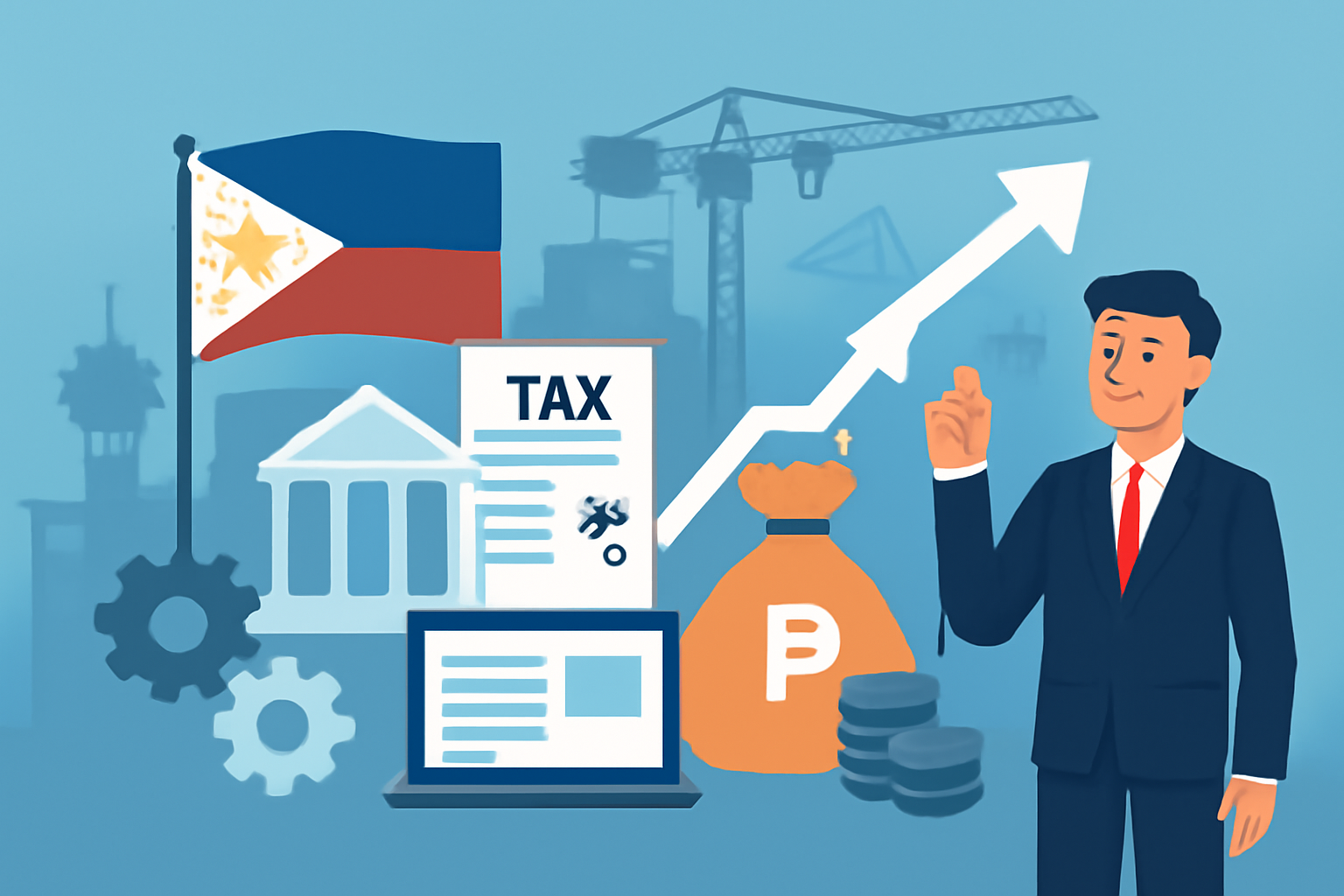The Philippines has witnessed rapid economic growth over the past decade, and much of this can be attributed to the government’s proactive policies aimed at encouraging business development. By creating a more favorable business environment through reforms in tax systems, regulatory frameworks, and infrastructure, the Philippines has become a growing hub for business investment. Below, we explore some of the government’s most impactful policies that support the growth and development of businesses.
Tax Incentives and Foreign Investment Policies
One of the core elements of the Philippine government’s business strategy is offering a variety of tax incentives. The CREATE Act, enacted in 2021, is a landmark reform that significantly reduces the corporate tax rate from 30% to 25%, benefiting businesses large and small. Furthermore, businesses that meet specific criteria, such as those located within ecozones, can benefit from tax holidays and other fiscal incentives designed to reduce operational costs and attract foreign direct investment.
For foreign investors, the government provides opportunities through the Foreign Investment Negative List (FINL), which allows foreign companies to own 100% of a business in certain sectors. This policy is designed to attract foreign capital, encourage technology transfer, and create job opportunities for Filipinos.
Streamlining Business Processes
In addition to financial incentives, the Philippine government has made strides in improving the ease of doing business by streamlining government processes. The 2018 Ease of Doing Business Law mandates that government agencies reduce processing times for business-related permits and licenses. This includes setting clear timelines for approval and creating an online platform for business registrations, making it easier for entrepreneurs to start their businesses without the usual bureaucratic delays.
Moreover, the Anti-Red Tape Authority (ARTA) was established to oversee compliance with these regulations and ensure that businesses do not encounter excessive red tape when dealing with government agencies.
Infrastructure Development and Connectivity
The government’s infrastructure development program, “Build, Build, Build,” is a cornerstone of its strategy to support business growth. The program focuses on the construction and modernization of vital infrastructure such as roads, bridges, seaports, airports, and public transport systems. These improvements not only facilitate the smooth flow of goods and services but also reduce the cost of doing business in the country.
Another area that the government has been prioritizing is digital infrastructure. In a world that is increasingly reliant on the internet, the Philippines has focused on improving broadband services and expanding internet access across both urban and rural areas. This effort helps businesses, especially small ones, to access online platforms, expand e-commerce operations, and improve customer outreach.
Support for Small and Medium Enterprises
Small and medium-sized enterprises (SMEs) are the backbone of the Philippine economy, and the government has recognized their importance by providing various forms of assistance. Programs such as the Go Negosyo Act have been implemented to provide mentorship, financial assistance, and market access to entrepreneurs. Additionally, the Department of Trade and Industry (DTI) offers training programs and workshops to help SMEs enhance their business skills and become more competitive in the market.
SMEs also benefit from easier access to microfinance, which allows them to obtain the necessary capital to scale up their operations. The Philippine government has encouraged partnerships between banks, microfinance institutions, and cooperatives to offer affordable financing to small business owners.
Conclusion
The Philippine government’s approach to business development is multi-faceted, focusing on financial incentives, regulatory reforms, infrastructure improvements, and SME support. These policies have created a more favorable business environment, encouraging both local and international investments. As a result, the Philippines is well-positioned for continued economic growth, with the government playing a critical role in supporting businesses across all sectors.




